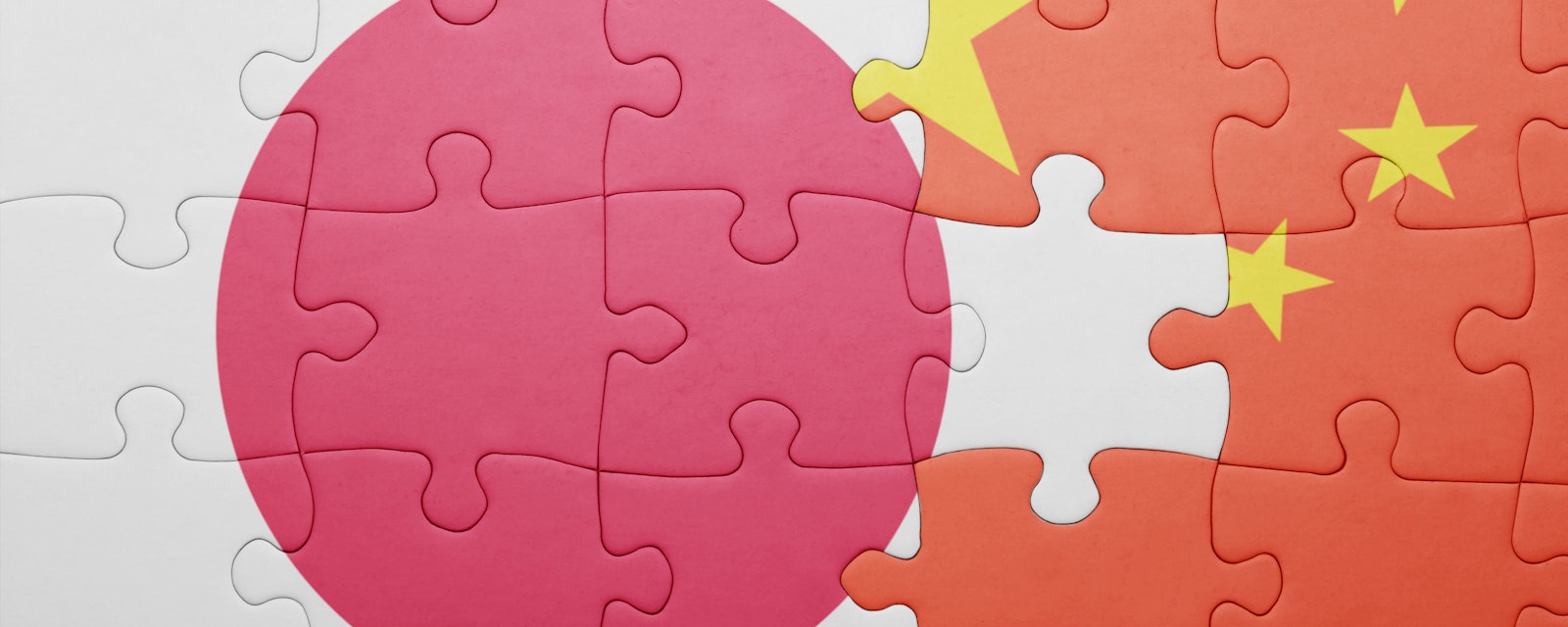A delegation of Japanese bureaucrats and business leaders visited Beijing on Tuesday, 25 September for the first meeting of a Japan-China public-private committee to develop joint initiatives for infrastructure investments in “third countries.”
The meeting was the result of extensive discussions between Tokyo and Beijing regarding the possible conditions for Japanese participation in China’s Belt and Road Initiative (BRI), including an agreement in May between Japanese Prime Minister Shinzo Abe and Chinese Prime Minister Li Keqiang to convene the committee.
The committee’s deliberations will help shape the agenda for Abe’s visit to China, which will likely be from 23 to 25 October. Deeper economic cooperation has figured prominently in bilateral discussions as the two countries mark the fortieth anniversary of the treaty establishing diplomatic relations and as both governments grapple with US protectionism. As noted previously, the first joint bid could be for a high-speed rail project in Thailand. During the visit, the two governments will likely sign memoranda of understanding related to joint infrastructure investment and the committee will convene a “Japan-China Third-Country Market Cooperation Forum.”
There is little sign, however, that the committee’s deliberations could lead to more open-ended collaboration. Japan’s emphasis on “quality infrastructure” anticipated many of the concerns about the BRI that have emerged over the past year, particularly regarding debt sustainability. While Japanese businesses have been eager for more participation in the BRI – both to avoid excess competition with Chinese companies for major infrastructure projects and to realize new profit opportunities – the Japanese government on the whole has been more cautious. While several of Abe’s aides share corporate Japan’s enthusiasm for BRI participation, the prime minister himself and other senior government officials may be more skeptical and have sought strict conditions for cooperation. It is telling that as bilateral talks have progressed, official documents have dropped references to the BRI and have instead euphemistically referred to investments in third countries.
Japan could have the upper hand in setting the pace and scale of bilateral cooperation. As the BRI’s reputation has worsened, recognition of Japan’s role in financing Asian infrastructure development has grown, and Japan’s public and private lenders are estimated to have provided more infrastructure financing than China’s. Revealingly, also in late October Abe will likely host Indian Prime Minister Narendra Modi, a visit that will prominently feature infrastructure cooperation given Japan’s growing investments in India and their pursuit of the Asia-Africa Growth Corridor, an infrastructure initiative to connect South and Southeast Asia with East Africa. With the US, Japan, and Australia announcing a new regional infrastructure fund – and with the US House of Representatives nearing a vote on legislation to combine the Overseas Private Investment Corporation (OPIC) and several other offices into a new US International Development Finance Corporation able to lend up to USD 60bn – Japan and its partners appear increasingly capable of providing an alternative source of investment for Asia’s middle-income countries.
While bilateral infrastructure cooperation remains ambiguous, Tokyo and Beijing will still use Abe’s visit to lay the groundwork for closer economic cooperation overall. The two governments are expected to unveil a new high-level dialogue on innovation and could also address efforts to conclude ongoing negotiations for the Regional Comprehensive Economic Partnership (RCEP) and the Japan-China-South Korea free trade agreement.





